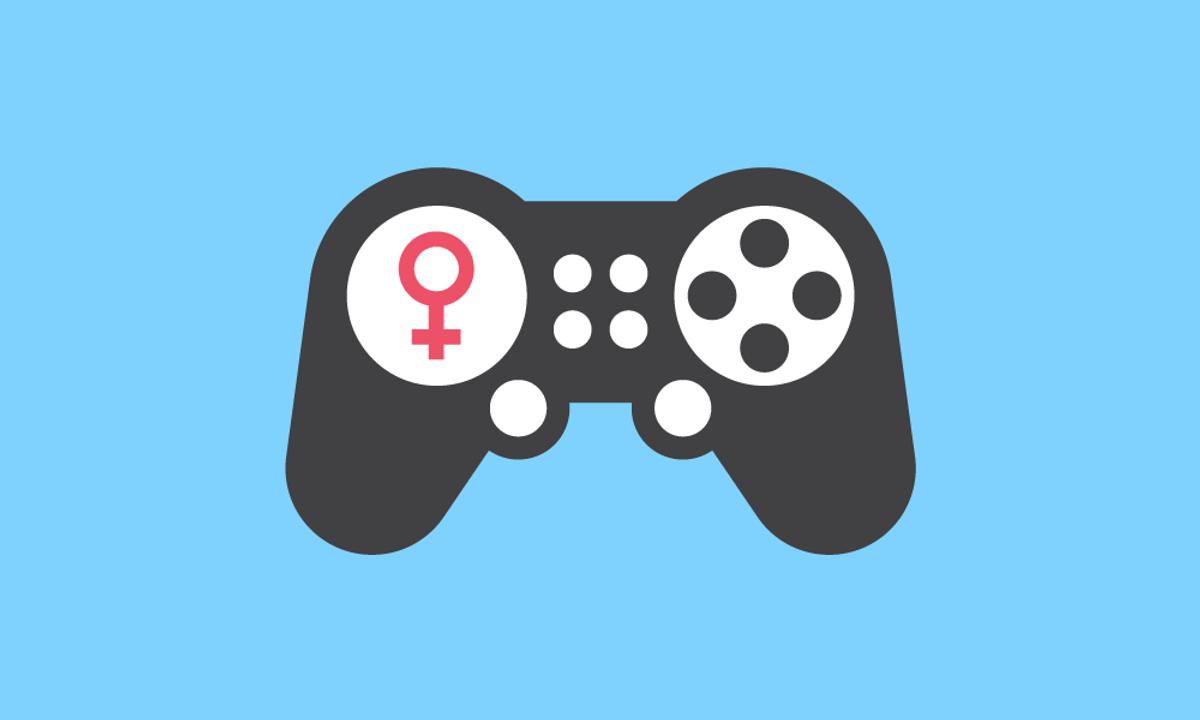Whenever I reflect on my experience as one of the relatively few women in the gaming industry, I think of a student I met at a Game Writers' Roundtable the last time I went to the Game Developers Conference (GDC).
She was talking about learning to code so that she would become a more well-rounded professional and "not just a writer." I only had one year of game-writing experience, but I was older, already employed in the industry, and significantly chattier than most people there. So, when I got my hands on the mic, I took the chance to reflect briefly on this perception of writers as lesser professionals, and remarked that we should defend ourselves and our craft whenever possible.
Afterwards, the student approached me and thanked me for my words. Maybe she did feel somewhat lesser than, and needed to hear that she wasn't. I kept thinking about this interaction, mainly since I have never heard a programmer saying they weren't a well-rounded professional because they didn't know how to write compelling dialogue. And I felt the asymmetry was unfair.
The perception of programming as superior to game writing and to any other "non-technical" discipline involved in making games is absolutely defined by who does what.
Nowadays, and even with notable women working in the field, programming is seen as something that men do. But this wasn't always the case. Many pioneers of computer science were women and, for decades, the number of women in CS classrooms surpassed the number of men.
So, what happened? Steve Henn at NPR reveals that "The share of women in computer science started falling at roughly the same moment when personal computers started showing up in U.S. homes in significant numbers." It so happens that, in the 80s, the first PC models showed up in the market, and someone decided to sell them as toys for boys, beginning the sexist narrative that got us to where we are today.
And where is that, exactly? Well, I have never worked in a less diverse environment than the one I find myself in as a woman in the gaming industry. And I'm not just talking about gender here.
In the industry, as well as in the games themselves, white, middle-class, straight men are still the default player avatar.
Allow me to illustrate. Just a couple weeks after I started my one of my first jobs in the industry, I was at a meeting with our CEO, and I asked why we couldn't make our game's protagonist a woman. He answered that he didn't have the budget for a new character model, which I reluctantly accepted. Why not a man of color, then? That was surely a cheap change to make to our protagonist model.
He answered like he was doling out a piece of wisdom that I wasn't particularly worthy of: "Do you know who will be playing our game?" He asked, but didn't wait for a reply. "White males 18 to 35. So that's who our protagonist will be."
Not coincidentally, that's who he was, too.
There's a lot of effort being made to diversify the gaming industry; as usual, women of color are doing much of the heavy lifting. Tanya DePass of I Need Diverse Games and Rebecca Palacios of Pixelles are just the first who come to mind. In different ways, both of these amazing organizations lift the voices and experiences of women and other people with marginalized identities, and even get them to GDC through their scholarship programs.
But even if we manage to get more women through the door and into the workplace, there's not much being done to keep us here. I've seen the same pattern repeated in every company I've worked at: the more women the department employs, the lower that department's average salary. At one point, I even started to think the student at GDC was right: if I wanted to be taken seriously--if I wanted to make more money--I should just learn to code. I had simply chosen the wrong career.
I was wrong to think this. As Claire Miller reveals in this amazing New York Times piece, "when women enter fields in greater numbers, pay declines — for the very same jobs that more men were doing before." It's not that we chose the wrong careers, it's that we're playing at a disadvantage. Blaming our lack of financial success on the careers we chose instead of on the society that doesn't value the work of women is simply another flavor of victim blaming that I've chosen not to tolerate anymore.
I'm not actually saying you shouldn't learn to code. By all means, we should all do whatever we feel will empower us the most. But I found that my own empowerment as a woman in the gaming industry comes from doing what I love, doing it well, and doing it proudly.



